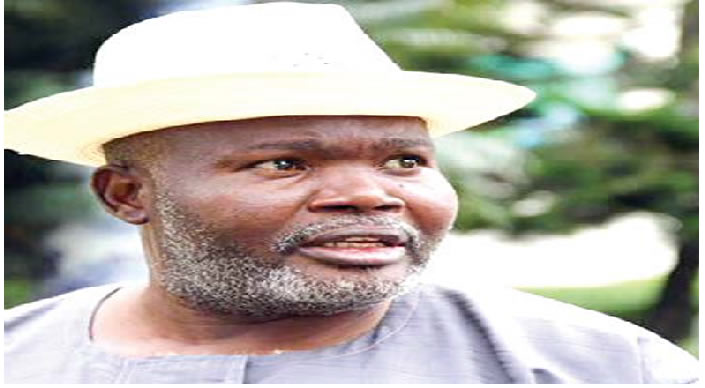The tragic demise of 22 Kano State athletes and officials in a fatal road accident has ignited a firestorm of criticism directed at the Kano State government and sparked a national conversation about athlete welfare and safety protocols within Nigerian sports. Comrade Joseph Evah, former president of the Nigerian Skating Federation, has emerged as a vocal advocate for the victims, demanding accountability and concrete action from both state and federal authorities. Evah insists that sustained pressure must be applied to prevent the incident from fading from public memory and becoming another statistic in the long list of preventable tragedies. He argues that mere statements of condolence are insufficient and that tangible action is required to support the grieving families and prevent future occurrences.
Evah’s outrage stems from reports that the ill-fated bus had experienced multiple breakdowns prior to the crash, highlighting a shocking disregard for the safety of the athletes. He condemned the Kano State government for providing substandard transportation, questioning whether such a dilapidated vehicle would ever be considered suitable for political campaigns. This disparity underscores a systemic devaluation of athletes’ lives and well-being within the Nigerian sporting ecosystem. Evah’s call for the Minister of Sports and the Kano State Governor to publicly visit Kano and console the bereaved families aims to compel a visible demonstration of compassion and accountability. He threatened legal action if the authorities fail to respond adequately, demonstrating a resolve to fight for justice for the deceased athletes and their families.
Beyond the immediate tragedy, the incident has exposed deeper systemic issues plaguing Nigerian sports administration, particularly the lack of adequate insurance coverage for athletes. Evah, drawing on his experience as a federation president, emphasized the challenges he faced in securing proper insurance for skaters, highlighting the persistent neglect of athlete welfare. This neglect, he argues, is a direct consequence of a lack of political will to prioritize the safety and well-being of athletes. The paltry N1 million compensation offered by the Kano State government to each victim’s family has further fueled public anger, with many deeming it a disrespectful and inadequate response to the immense loss suffered.
Public figures and organizations have joined the chorus condemning the handling of the tragedy and demanding greater respect for the lives lost. Elijah Andrew of the Ijaw Monitoring Group criticized the meager compensation offered by the Kano State government, comparing it unfavorably to the extravagant sums often spent on less critical matters. He argued that the athletes, having paid the ultimate price while representing their state, deserve a state burial and lasting recognition of their sacrifice. Rachel Nwabia, an alumni of the National Association of Ijaw Female Students, echoed the demand for personal condolence visits by the Kano State government to each bereaved family, expressing skepticism about their willingness to act without sustained media pressure. She proposed the erection of monuments bearing the names of the victims in stadiums across the country as a fitting tribute and a symbol of encouragement for future generations of athletes.
The victims, a diverse group comprising athletes from various disciplines, journalists, support staff, and medical personnel, were returning from the Gateway Games 2024 in Ogun State. The loss of these individuals represents a significant blow to the Nigerian sporting community and underscores the precarious conditions under which many athletes operate. The incident occurred at a known accident blackspot, raising questions about the adequacy of road safety measures and the choice of travel route. While the Federal Road Safety Corps has initiated an investigation into the crash, the focus remains on systemic failures that contributed to the tragedy.
The accident has prompted belated action from the National Sports Commission, which has announced mandatory comprehensive insurance coverage and vehicle safety inspections for future sporting events. While welcomed, these measures are seen by many as a reactive response to a preventable tragedy, highlighting the long-standing negligence towards athlete safety. The Ogun State Government’s donation of N31 million to the victims’ families, while a commendable gesture, does not absolve the Kano State government of its responsibility to provide adequate support and address the underlying issues that led to the tragic loss of life. The incident serves as a stark reminder of the urgent need for comprehensive reforms in Nigerian sports administration, prioritizing athlete welfare, safety protocols, and accountability at all levels.


